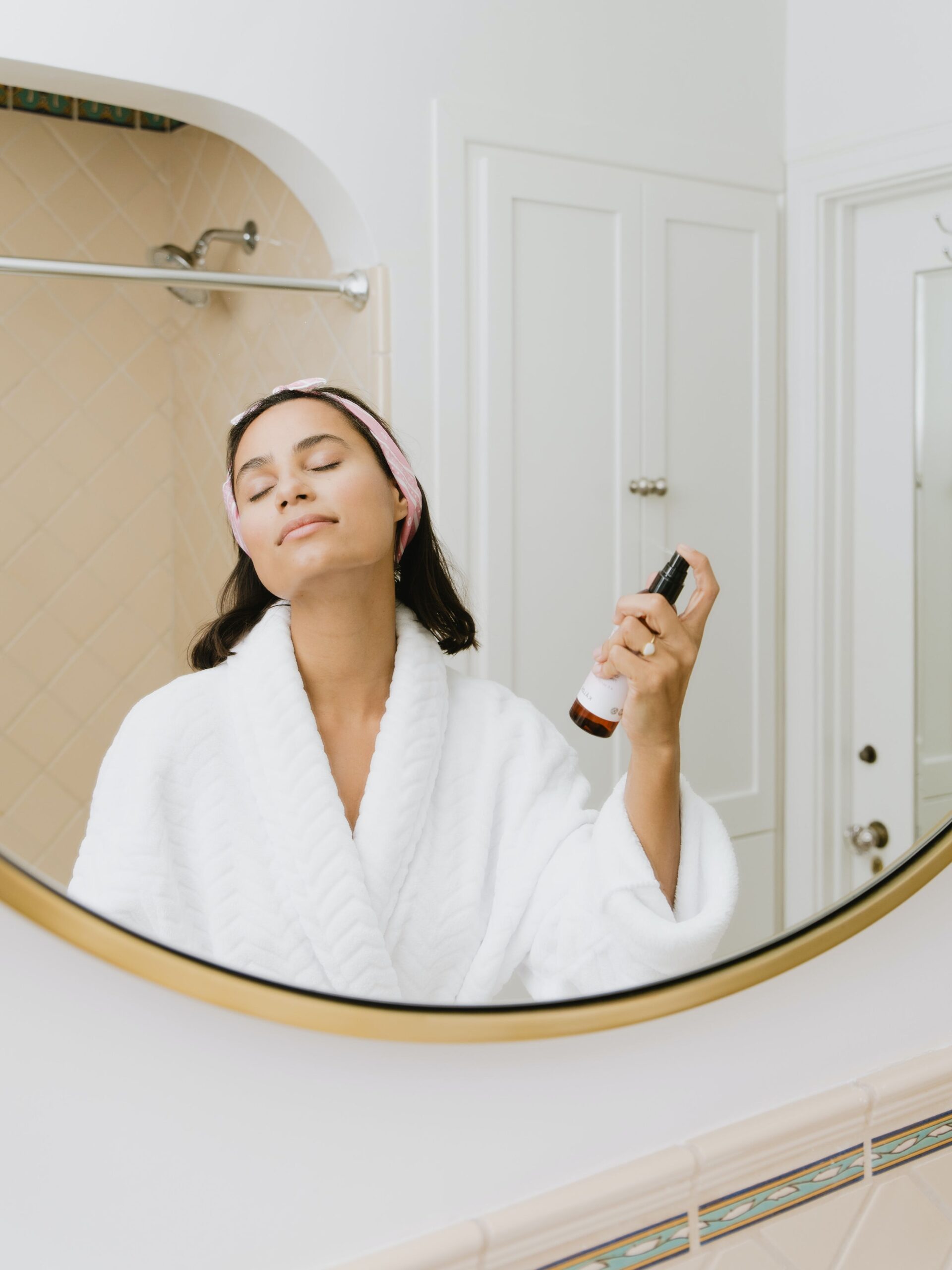Wearing face masks and respirators as protection from COVID-19 and other harmful aerosol particles in the air is something most people have a hard time getting used to. For healthcare workers and individuals with sensitive skin, adverse dermatological effects are very common from the prolonged wearing of face masks or respirators. Unfortunately, we all have to wear them both to shield ourselves from the coronavirus and to comply with federal mandates.
According to a study by the Wiley Online Library on skin research technology, wearing face masks for more than six hours can cause redness, higher skin temperature, increased sebum secretion, and dehydration particularly in the perioral area or the skin area that surrounds the mouth.
Here are three simple ways to prevent having these adverse effects:
Practice dermatologically approved face washing
Without a daily cleansing and gentle skincare regimen, irritations are more likely to cause damage to your skin. Properly wash your face upon getting home with an alcohol-free and non-abrasive cleanser. Use lukewarm water to open your pores and apply the cleanser with your fingertips and avoid scrubbing your face vigorously.
After rinsing, use a soft towel to pat your face dry and apply some moisturizer especially if some irritations such as itchiness and dryness are evident. Do this practice twice a day to maintain healthier skin.
Take it easy on the makeup
For those who go to the office daily, skipping makeup in the morning can help a lot to reduce skin irritations from wearing face masks for longer periods. If makeup is truly necessary, use non-comedogenic products like mineral-based foundations or oil-free moisturizers that help avoid blocked skin pores and acne.
Wear high-grade face masks and respirators
Lastly, wear face masks that are gentle to the skin and were not pre-treated with formaldehyde as this chemical can cause skin allergies. To be safe from both COVID-19 and dermatological problems, go for either N95 or KN95 respirators that are latex-free and are well-fitted to decrease pressure on the face while remaining secure.
For healthcare workers who wear N95 or KN95 respirators for most of the day, a fit test that determines the most comfortable size of the respirator is essential before its use to prevent friction and pressure while still having 95% respiratory protection.

